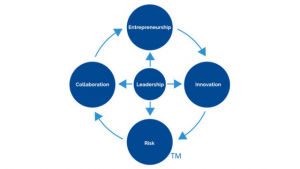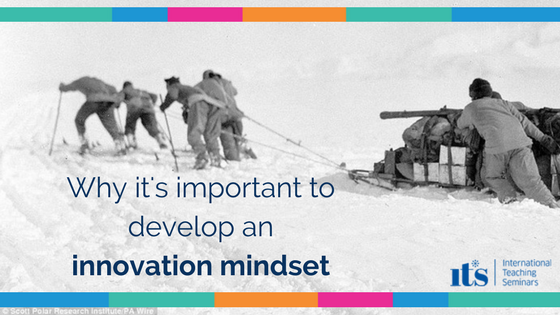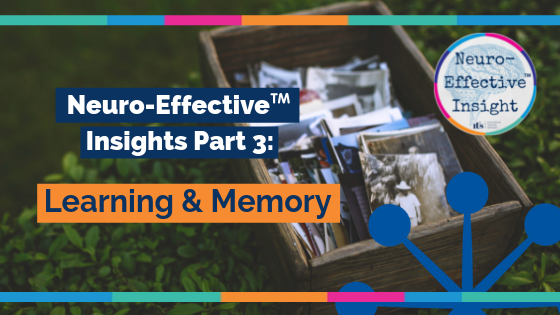Innovation is about change – and it is only successful when that change takes place. Ever made a successful change in your life? The answer is going to be yes – unless you’re still the same as you were twenty years ago. But do you think of yourself as an innovator? Most people don’t.
Recognizing innovation as part of you & your life is a crucial part of allowing yourself to engage effectively in this process. This is true for individuals, teams and organisations, Understanding the triggers for innovation and what can get in its way enables everyone to be more innovative. Being able to do this will enable you to do this with clients too. Now that’s a whole different kind of value you could be adding.

How we relate to risk affects our innovative potential in every area of our life – including being an advisor. Risk is an integral part of living a human life. Every day we make assessments about the relative risk of doing one thing rather than another.
Innovation so often involves risk, be it financial, reputational, emotional or physical. So how are you – and your team – with risk? Knowing where you need to be on what I call the Risk Continuum to succeed is vital.
I was recently running a program with European Union leaders in Brussels and then again in Luxembourg; the title of the program – ‘Courage, Risk and Innovation’. Whether you’re part of a (very) large organization or a sole trader, innovation often involves taking risks and that requires the courage to lead yourself and others in new uncharted directions. This courage to make innovation happen can be enhanced when you know how to develop four key personal and leadership qualities in yourself, your team and your clients.
These are resilience, confidence, flexibility and perseverance.
So how good are you at cultivating these in yourself and others? And if you knew how to do this better, could you be adding value by helping your clients learn how to develop these qualities also?
If you commit to being innovative you – and your people – will naturally be going outside your comfort zone. That means you’re more likely to make some mistakes along the way. So how are you with you – and your people – making mistakes? Can you stand it?
This is where resilience, confidence, flexibility and perseverance really come into their own. Virtually all innovation involves trial and error learning. That’s trial and ERROR learning. It’s also why developing the skill of in-course correction is so important.
Remember, “no mistakes, no mastery!”
To see and hear more from Ian McDermott just click on the link:
Ian McDermott on Innovation
If you have an enquiry please Contact Us.





Leave A Comment